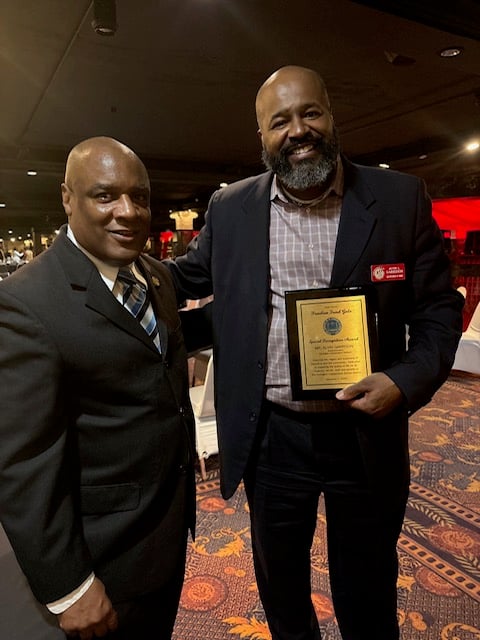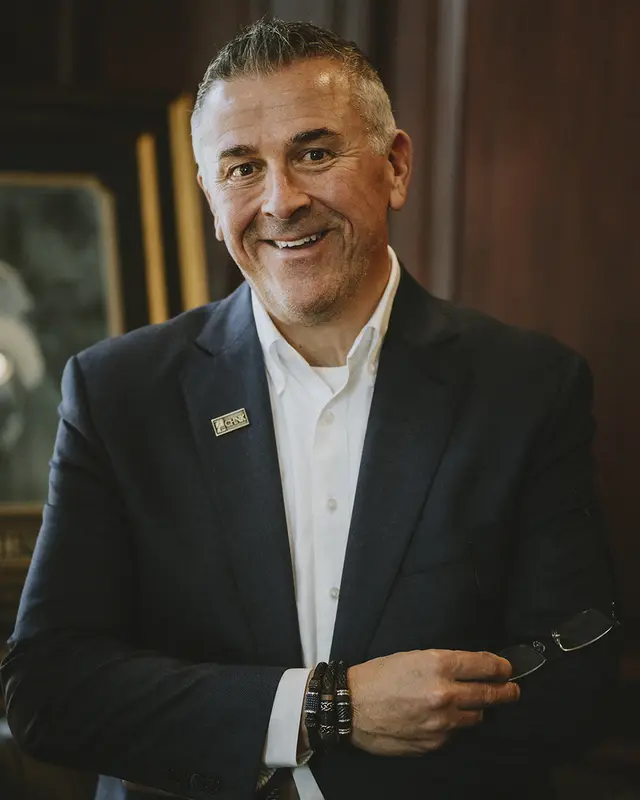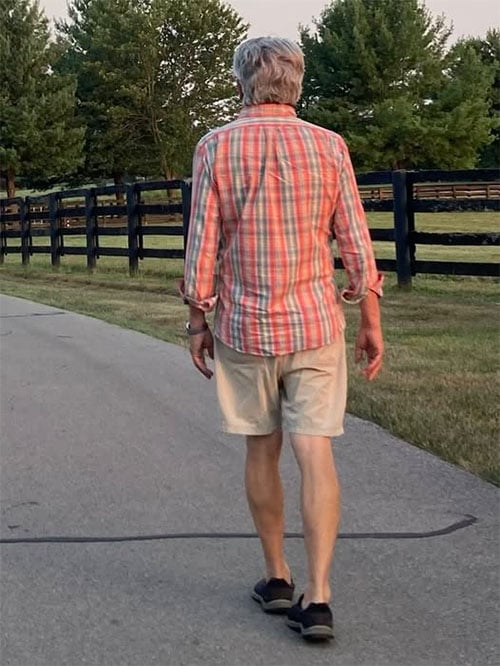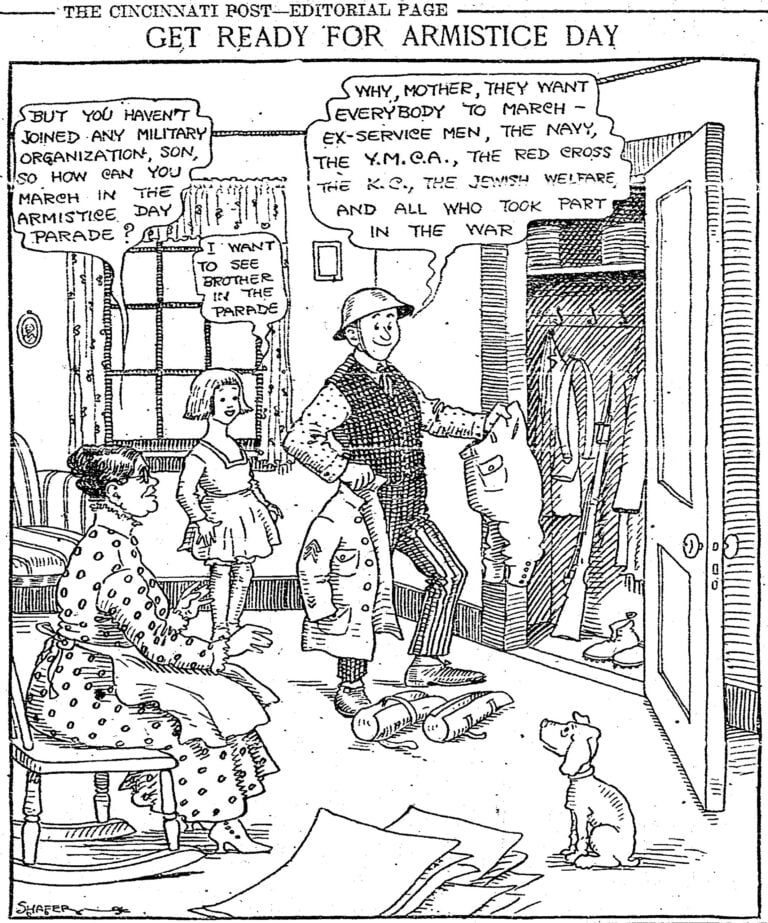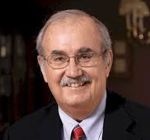I believe the vast majority of professional journalists will tell you that when a columnist accuses a person or institution of wrongdoing, he or she has a professional and moral obligation to defend his or her work when asked. It’s called “accountability.”
Michael Rosenberg, a columnist for SI.com, last Friday attacked the University of Louisville in a piece that was published under the headline, “Louisville created and continues to nurture a dangerous culture for women.”
The charge was serious and the reaction was strong. Administrators, coaches, and athletes from U of L wrote e-mails to Rosenberg denouncing the column as unfair and inaccurate. Reporters and talk-show hosts tried to contact Rosenberg for interviews.

The response from Rosenberg has been…nothing. As of Wednesday night, according to U of L sports information director Kenny Klein, nobody at the university or in the local media had heard a peep from Rosenberg or his editors.
Nevertheless, the column remains available on the SI.com website, meaning that it has the tacit approval of Rosenberg’s bosses. And so far Rosenberg hasn’t seen fit to write a follow-up column defending and/or explaining his conclusions.
This is curious because Rosenberg apparently thinks accountability is important. Here’s how he ended last week’s column: “She left and waited for Louisville to follow up with her. She didn’t hear much from the school. Now we all know why.”
The “she” in question is Kathy Redmond Brown, who appeared at U of L in 2006. A rape victim at the University of Nebraska in the early 1990s, Ms. Brown has dedicated her career to speaking out against athletes who abuse women.
Her message deserves respectful attention and serious thought. Apparently, however, that’s not the reaction she got from female athletes during her trip to Louisville. If so, that’s a shame. Her cause is important and her work should be applauded.
But she was the only source Rosenberg quoted in his column that ripped U of L, and surely he knows that one person’s bad experience a decade ago is not enough to indict a university and its athletics department. That’s one thing the Louisville media wants to talk with him about.
Yet you can’t find Rosenberg with a search warrant. His cavalier attitude – or is it cowardice? — only makes a bad situation worse. It is bad journalism and bad public relations to launch a malicious and willful attack on an institution, and then not be responsive to legitimate inquiries.
It certainly was Rosenberg’s right to express an opinion about the scandal that has rocked U of L to its foundation. Here’s a Cliff’s Note version of the mess:
The self-proclaimed mistress of a prostitution ring co-authored a book in which she alleges that Andre McGee, a former U of L player and assistant coach, paid her to stage 22 “sex parties” from 2010-’14 for players and recruits.
Many, but not all, the parties allegedly took place in Minardi Hall, the on-campus dorm named for Coach Rick Pitino’s brother-in-law, who died at the World Trade Center during the 9/11 attacks.
Pitino has denied any knowledge of the alleged parties. McGee’s attorney says his client never paid the prostitute for providing those services. A long list of former U of L assistant coaches and players have said they didn’t know anything about the allegations.
Nevertheless, a recruit who went to another school has said the allegations are basically true. The co-author, a prize-winning reporter, is standing by the book. Both the NCAA and U of L are conducting investigations.
Predictably, Rosenberg tried to make his case about the “dangerous culture for women” at U of L by mentioning the separate sex scandals in which Pitino and football coach Bobby Petrino were involved.
Never mind that the Pitino case involved an older woman who tried to extort him about a sexual encounter that occurred after hours in a restaurant. She was convicted in court and now is serving a prison sentence.
The Petrino scandal — he had an affair with a young woman, put her on the payroll, and lied to his employer about it — happened in Arkansas, not Louisville.
Finally, the women involved in the McGee scandal were hookers from off the street, not U of L students or athletes.
So where is the “dangerous culture for women?” Answer: It does not exist. To the contrary, U of L has been a national leader in Title IX compliance and emphasizing equality for female athletes.
If it’s fair for Rosenberg to chastise U of L for not following up on Brown’s visit, it’s fair to chastise him for not following up with the institution he pilloried in a forum that is read – and trusted – by millions.
In my 29 years with SI, I was involved in a few controversial stories, most notably the Minnesota-Ohio State basketball brawl of 1972. Irate Gopher fans filled the mailboxes with hate mail and lit up the switchboard at Time Inc.
I got calls from everybody from NBC’s Today Show to a Minneapolis radio station. I responded to them all. It wasn’t always pleasant, but it was something I felt obligated to do. It was the same when I was sports editor of The Courier-Journal.
I have urged Rosenberg to apologize to U of L, and I still think that’s the appropriate response. But refusing to answer legitimate questions about the column is arrogant, irresponsible, and unacceptable. I think any self-respecting editor or journalism professor would feel the same.
You there, Mr. Rosenberg?
Billy Reed is a member of the U.S. Basketball Writers Hall of Fame, the Kentucky Journalism Hall of Fame, the Kentucky Athletic Hall of Fame and the Transylvania University Hall of Fame. He has been named Kentucky Sports Writer of the Year eight times and has won the Eclipse Award twice. Reed has written about a multitude of sports events for over four decades, but he is perhaps one of media’s most knowledgeable writers on the Kentucky Derby.












